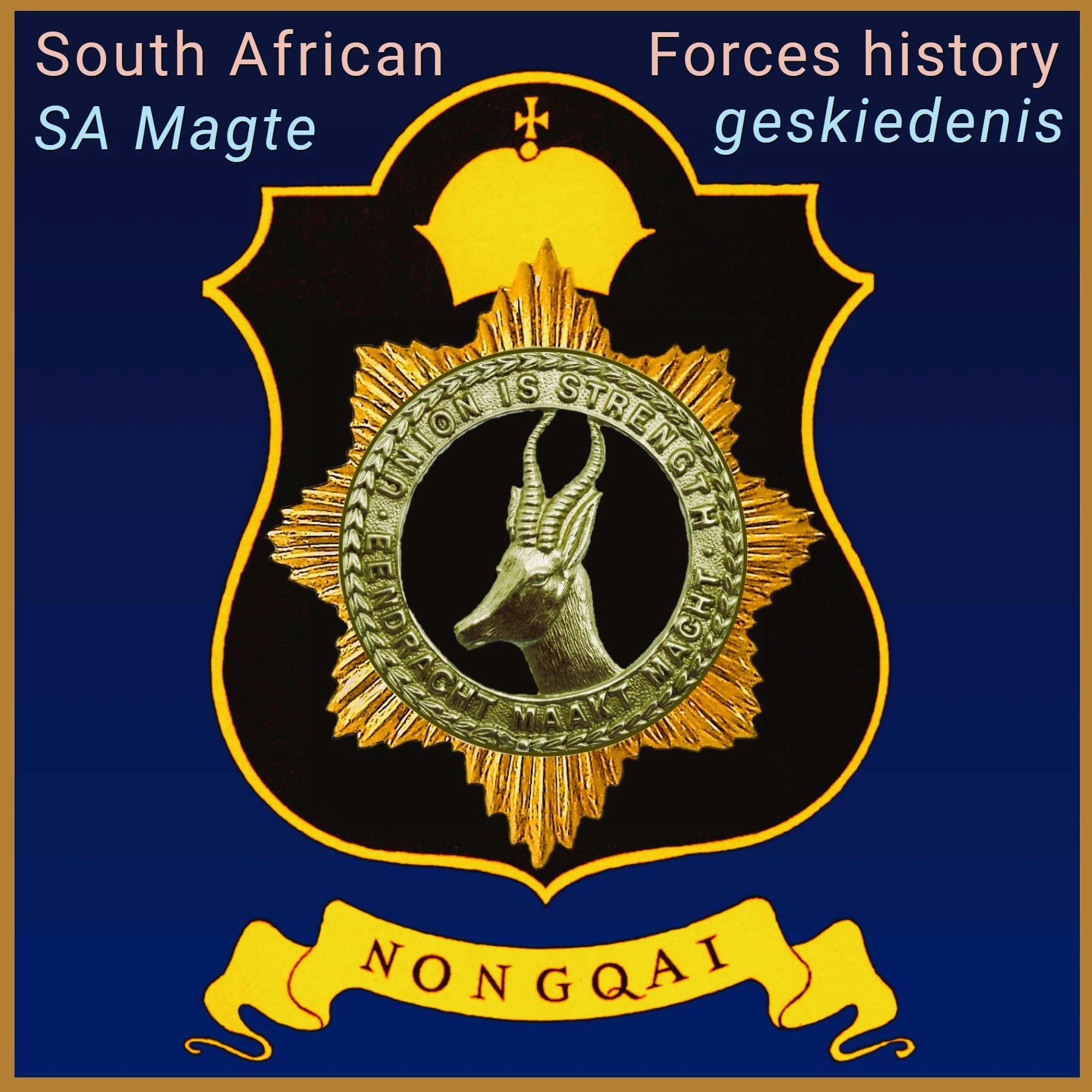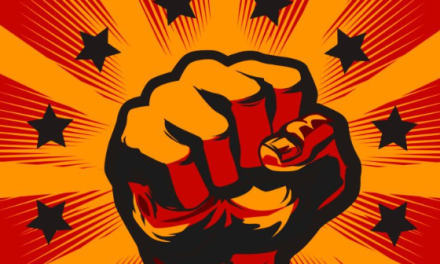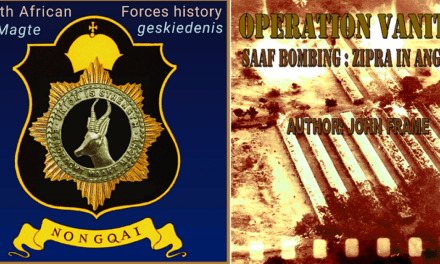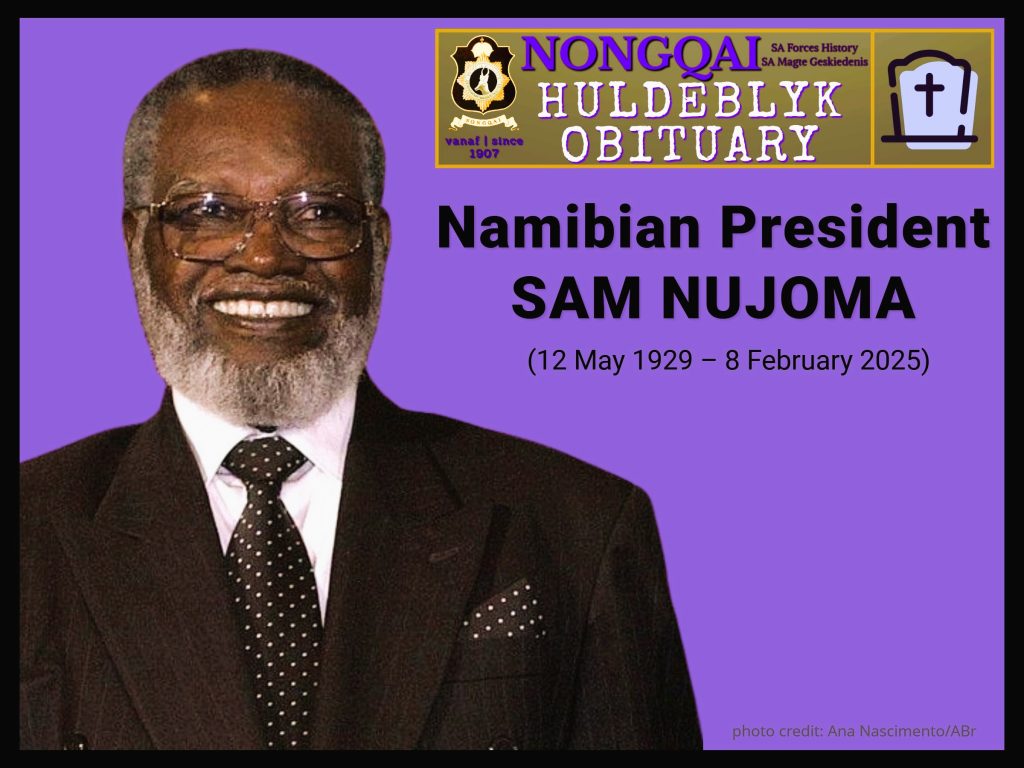
Namibian President Samuel Daniel Shafiishuna (Sam) Nujoma
(12 May 1929 – 8 February 2025)
By: Dr (Amb) Riaan Eksteen (South Africa’s first Ambassador to Namibia, 1990-1992):
President Sam Nujoma was a part of my Namibian frame of reference for forty-four years.
I first saw him in 1976 when I went to the Security Council to hear him speak. He was intricately related to several subsequent events that solved the Namibian Independence process.
During my tenure as SA’s ambassador in Windhoek from 1990 to 1992, he was consistently polite and engaging in our conversations. When we later met, we had wonderful conversations. There was always something to be happy about and feel sentimental over.
His recollection endures. He left behind an incredibly broad legacy that spans many decades. His leadership at this time has received so much praise across the nation that it will inspire future generations to never give up on pursuing their goals. If he is not sufficiently recognised for his contributions in many sectors, there will not be a fair and balanced understanding of its history over the last fifty years.
By Dr. (Amb) Willem Steenkamp: The late founding president of Namibia, the legendary SWAPO leader Sam Nujoma, may invoke conflicting memories among former members of the South African and South-West African security forces. This would be understandable, given the context of the then Border War. I can personally attest to the fact that, already during those turbulent times, there were those very same conflicting views about Nujoma, the man, present within the ranks of the then intelligence community.
I remember well an incident during a SADF brainstorming session held at Grootfontein as the seventies turned into the eighties, which I had attended upon invitation by general Jannie Geldenhuys. I was then head of the SWA/N analytical desks of the National Intelligence Service (NIS).
A psychologist of Military Intelligence had just presented a rather luridly damning psycho-profile of the “communist terrorist” Nujoma, when I was asked to present the profile that the NIS had built up. We had wanted to understand the basis for Nujoma’s evident popularity as leader and as man, and had learned that he was so appreciated because of the empathy and caring he demonstrated for his followers, as well as his love for children (and their natural affection for him).
When I had reached this point in my presentation, the MI psychologist jumped up to scold me for portraying Nujoma in what he deemed to be an overly humane light – general Geldenhuys then rapidly intervened, to remind all that the task of intelligence is to tell its audience what it needs to hear, and not what it wants to hear…
It is, therefore, with interest that I read the following in an obituary which the Daily Telegraph of London prominently carried: In power, he (Nujoma) stressed the need for national reconciliation and urged the country’s white population to stay; it was a wise move, and they still play a major role in farming and other areas of the economy. He championed the rights of women and children, and introduced a measure forcing fathers to pay for the maintenance of their illegitimate children.
It is undeniable that Namibia has seen much less racial tension than South Africa has at times experienced, which in new small measure is due to what Sam Nujoma had stressed in his first speech upon returning to the country on 14 September 1989, after 30 years in exile at the head of SWAPO: “Let us open a new page and a new chapter, based on love, peace, human rights, patriotism, respect for one another and genuine reconciliation.”
President Nujoma was sworn in on 21 March 1990. He was re-elected in election after election and served as president of Namibia till 2005.
With more than three decades having passed since the last shots were fired, a more valid historic appreciation of President Nujoma’s invaluable contribution to the peace and prosperity that Namibia has enjoyed since independence, is now possible. It behooves us all to give credit where due, and to appreciate how blessed our sub-continent was that leader who had lived through as much hardship as Mr Nujoma had, to then govern in the successful, reconciliatory manner that he did, building a Namibia founded not on a Marxist “people’s republic” model but on Western democratic and free market values.
Southern Africa has indeed been blessed to have had two founding “liberation struggle” leaders of the caliber of Sam Nujoma and Nelson Mandela, who as presidents both dedicated themselves to national reconciliation.
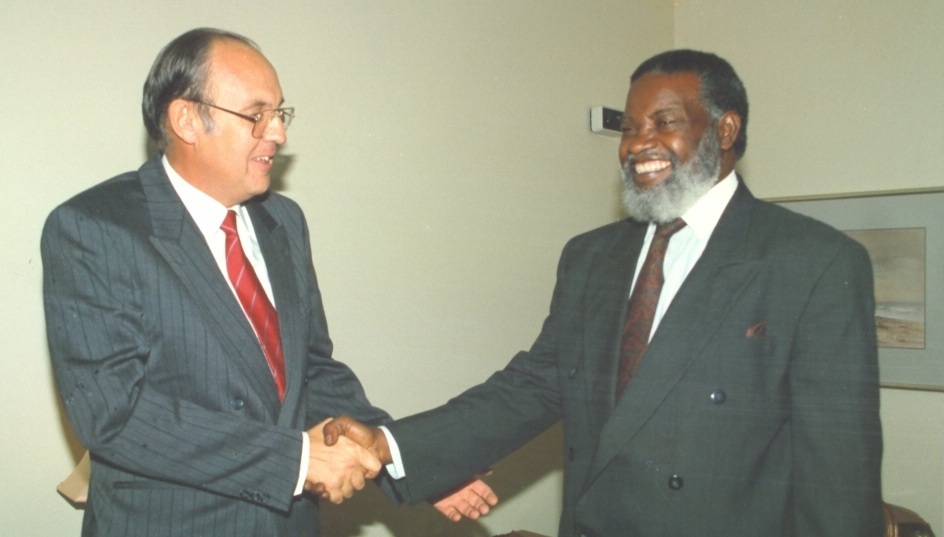
South Africa’s first ambassador to Namibia, Dr Riaan (Koedoe) Eksteen, with Pres Sam Nujoma, 1990.

